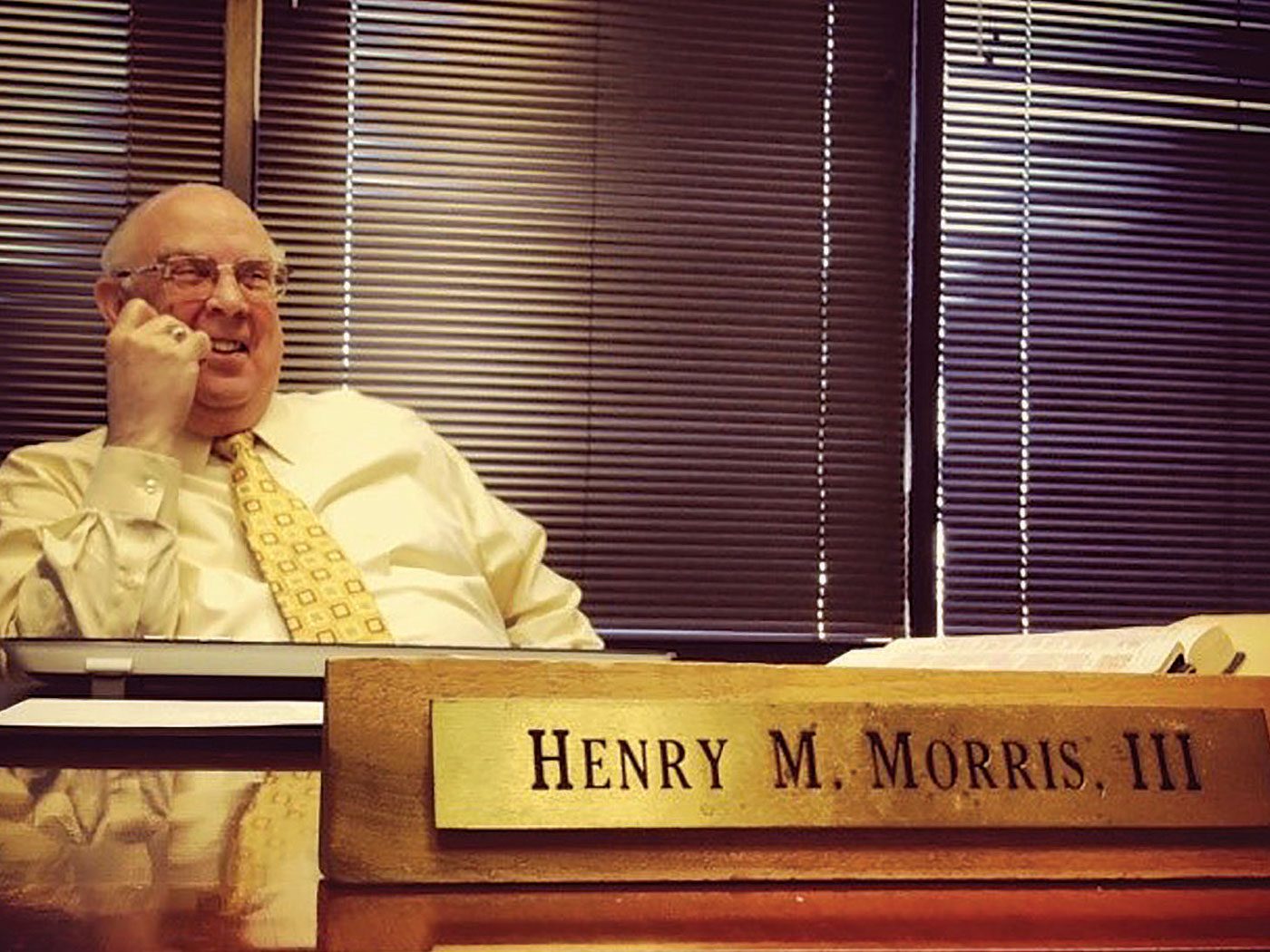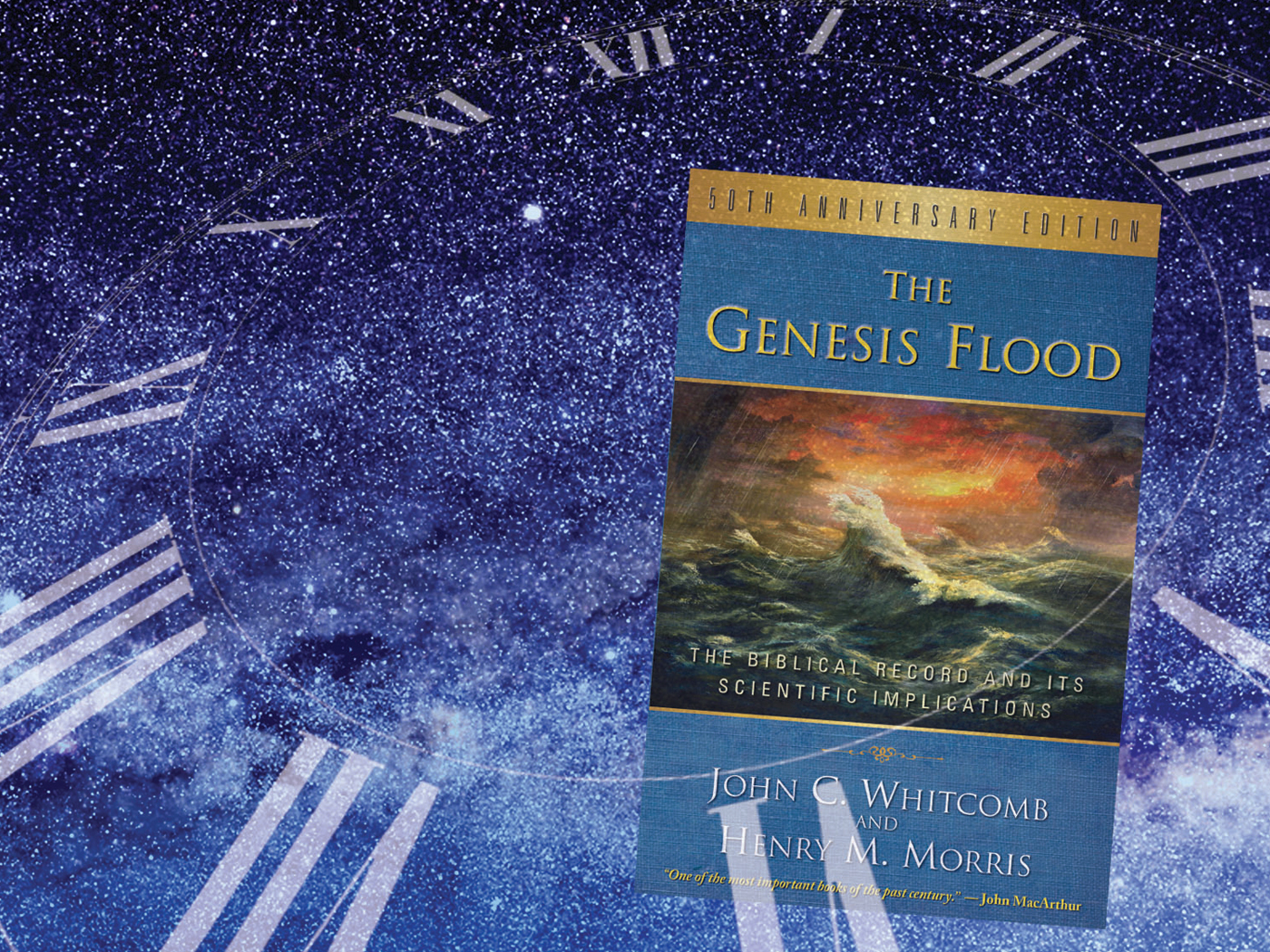Search Tools
New Defender's Study Bible Notes
1:7 word of the LORD. This verse begins a series of eight visions. Since the next specific reference to a date occurs after all of them (Zechariah 7:1), it is likely that they were given in rapid succession, probably all on the same night, and that their respective messages are related sequentially in terms of the future events they foresee.
1:8 a man. The “man” is clearly the same as “the angel of the LORD” (Zechariah 1:11), and thus can be identified as none other than the pre-incarnate Christ, the second person of the Trinity. He continues to communicate with Zechariah in all the visions, guiding him in understanding their messages.
1:8 red horse. The “red horse” suggests conflict and war (compare Revelation 6:4) which eventually will be visited upon the nations that have been abusing the people of God, as well as on the apostates among Israel. In the company led by the Angel—evidently a part of the angelic host of heaven—were more red horses, but also some white and some speckled. Presumably these suggest there is mercy mixed with judgment in the mission of the heavenly army.
1:8 myrtle trees. The “myrtle trees” must represent the people of Israel in context, for the Angel had come to stand in their midst. The Hebrew for “myrtle” is the masculine equivalent of Hadassah, which was the Jewish name of Esther before she was made queen of Persia. In fact, it was not many years later when Esther would be saving the Jews in the Persian empire from Haman’s planned genocide.
1:8 the bottom. “The bottom” is translated from a Hebrew word used only this once in Scripture, and its meaning is uncertain. It seems to be suggesting that “the myrtle trees [Israel] in the bottom” are somehow in deep trouble and danger, but the Angel of Jehovah will intervene for them.
1:10 walk to and fro. Like Satan and his angels (e.g., Job 1:7; I Peter 5:8), God’s holy angels walk about on the earth on behalf of His people. Perhaps they are, in effect, “the eyes of the LORD” (II Chronicles 16:9). See also Zechariah 6:7.
1:12 angel of the LORD. The Angel of the LORD (i.e., the Second Person of the Trinity) here prays as an Intercessor or Mediator to the Lord of Hosts (i.e., the First Person) on behalf of His people. He is, indeed, “our Advocate with the Father” (I John 2:1).
1:12 threescore and ten years. The seventy years of prophesied exile had passed, and the Jewish remnant had come back home, but they still had not rebuilt the temple, as they had been commissioned to do. These visions given to Zechariah are intended to empower him (along with Haggai, whose testimony must soon end) to encourage and constrain them to complete it.
1:17 shall yet choose Jerusalem. The chosen people are not going to be “unchosen.” God has repeatedly punished them for disobedience, but “will yet choose Israel, and set them in their own land” (Isaiah 14:1). See also Jeremiah 30:11.











